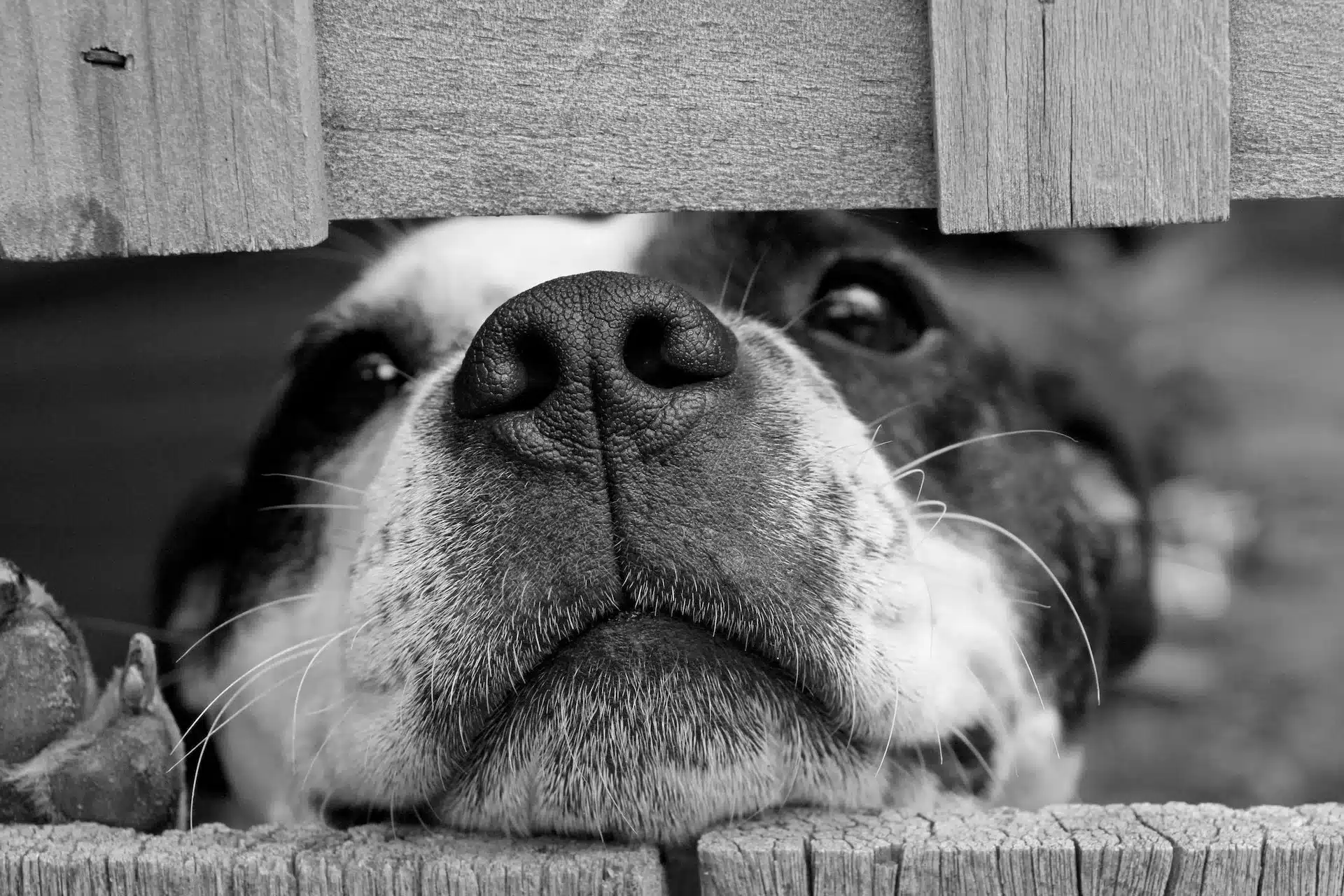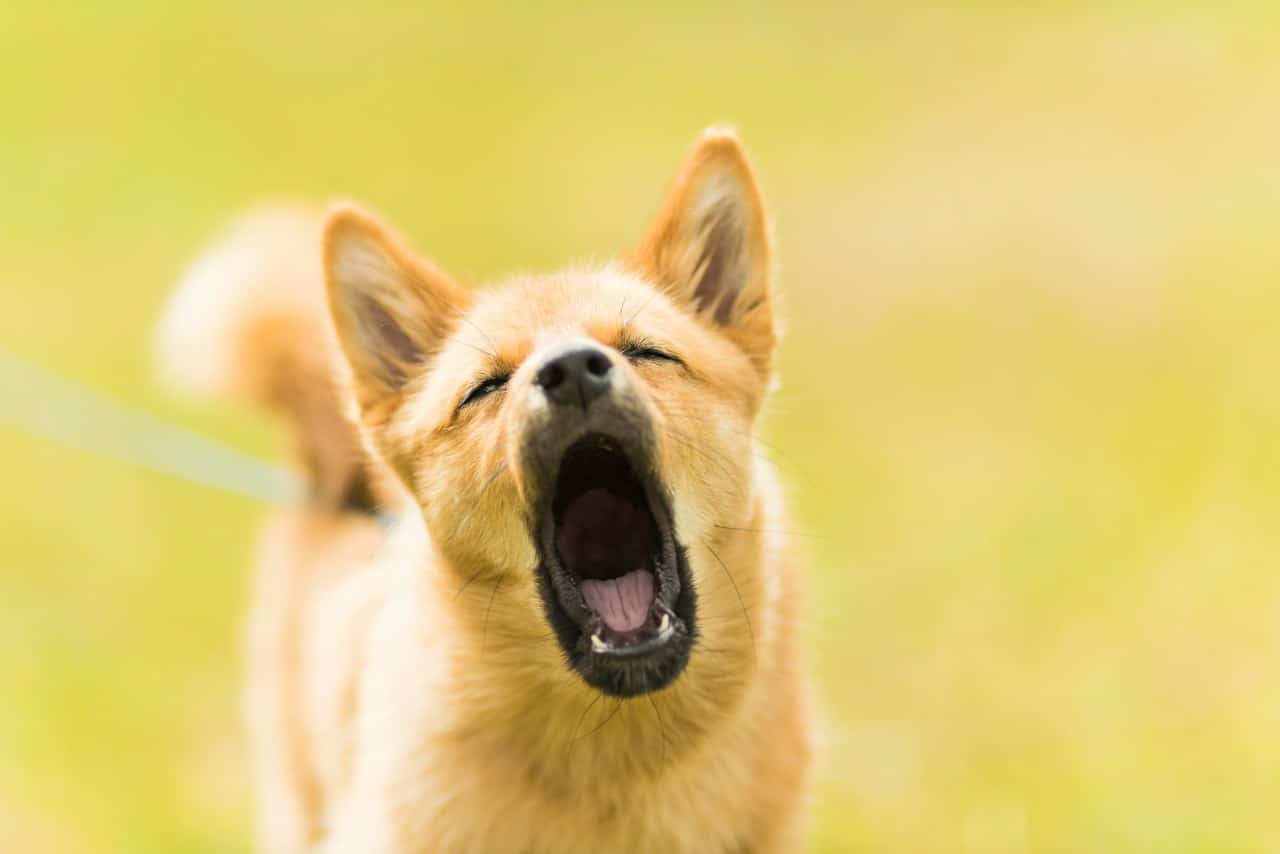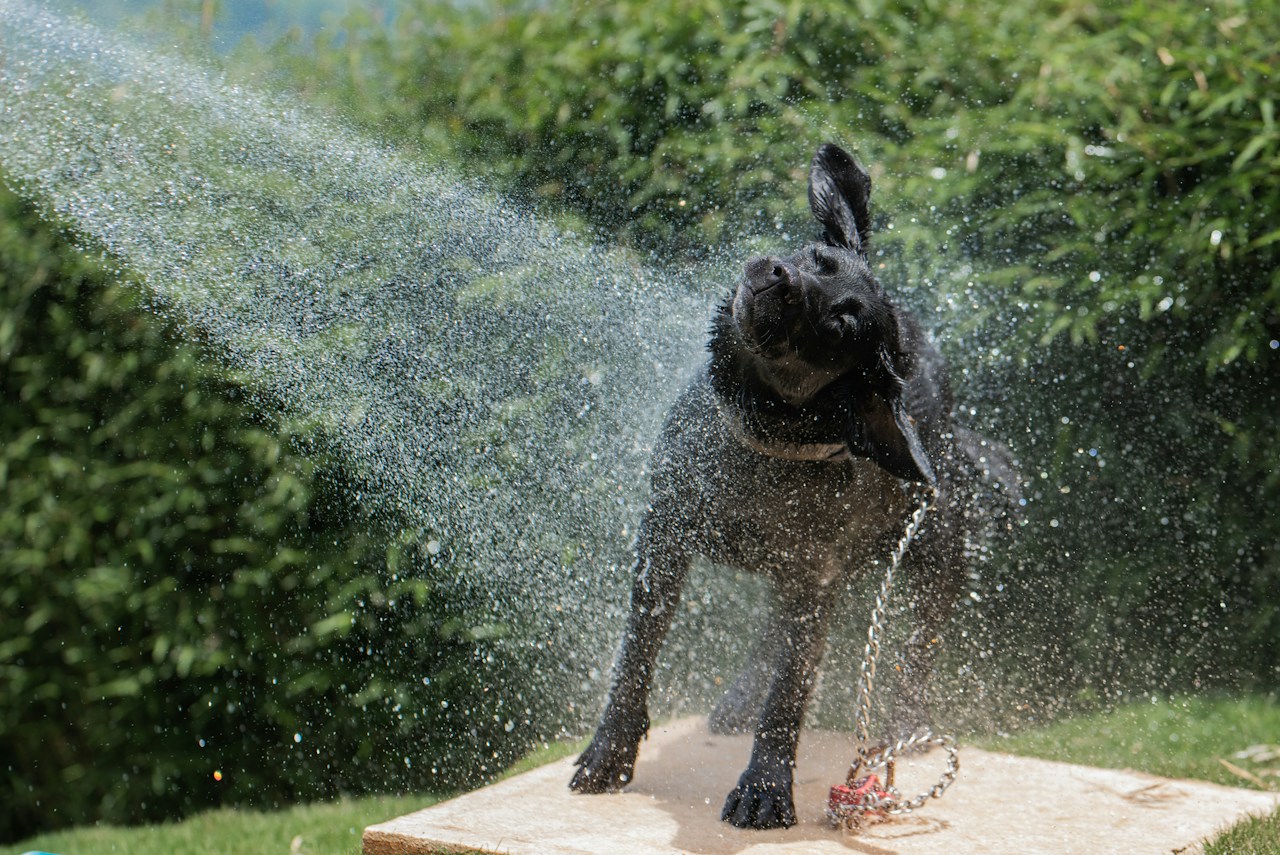Is it a good idea to sprinkle leftover grits on top of your dog’s regular kibble as a special treat? Can dogs eat grits? Many of us have a box of grits in our pantry because they are a popular cuisine in many parts of the United States. Are grits something you should feed your dog as a special treat or bulk out the remainder of the dog food before you restock? The simple answer is no. Grits are not suitable or beneficial for dogs to eat, so it is best to avoid intentionally feeding them to your dog.
Table of Contents
You may be interested:
- Can Dogs Eat Hot Dogs? My dog ate a hot dog. What Should I Do?
- How long can a dog go without water? How Much Water Should Dogs Drink?
- Can dogs eat spinach? Is spinach good for dogs
- How many teeth do dogs have? Discover the dental formula
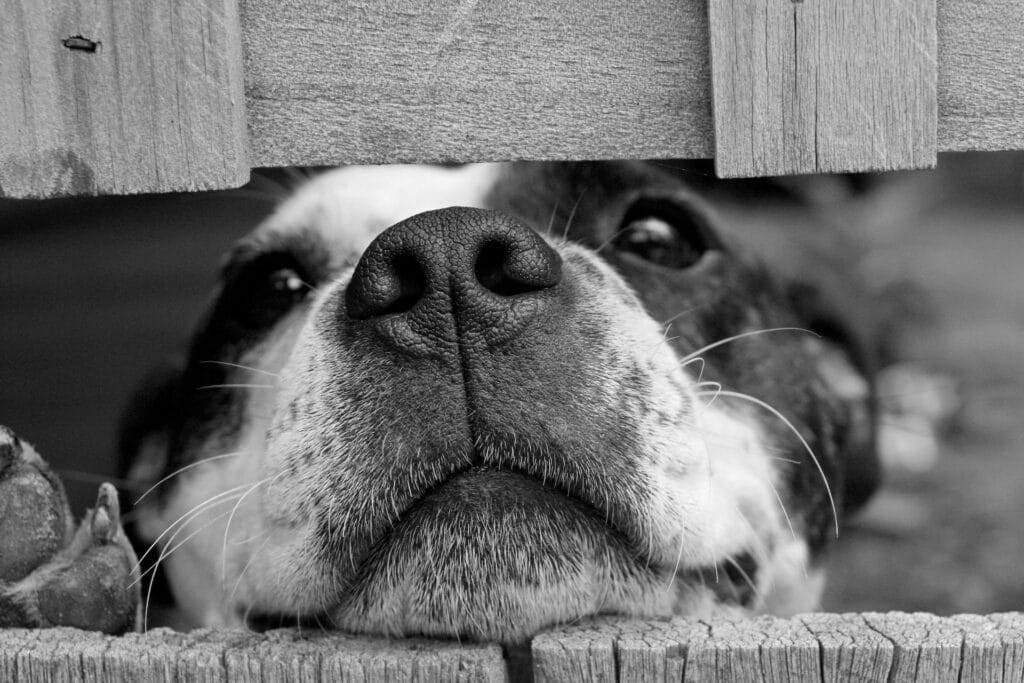
Facts About Grits
Grits are created from pulverized grain that has been colored with an alkali, such as lime. This white corn is also known as hominy. They were originally a Native American cuisine and are now popular in the Southern United States, particularly in the “grits belt,” which stretches from Texas to Virginia. September 2 is National “Eat Grits” Day.
What Are Grits Made Of?
Corn is used to make grits. Typically, the corn is processed to remove the outer layer or pericarp and then soaked in an alkaline solution to eliminate aflatoxins. They’re high in carbs but poor in protein. Unfortunately, this is the polar opposite of what your dog requires! Grits provide 13 grams of carbs and only 1.4 grams of protein per 100 grams. The maize in grits is also nutritious! Antioxidants, linoleic acid, vitamins, and minerals can all be found in grits. It also contains fiber, albeit only 0.3 grams of fiber per 100 grams of grits is considered high.
The most striking aspect of grits is their high iron content, which is required for red blood cell synthesis. Many B vitamins, such as folate and thiamine, are also present, as are trace levels of potassium, pantothenic acid, calcium, and vitamin E. Regular versions, on the other hand, have fewer vitamins and minerals — such as calcium and vitamins A and C — than stone-ground varieties made from whole corn kernels (this is because they go through several stages of processing, which removes nutritious parts of the corn such as the pericarp and germ).
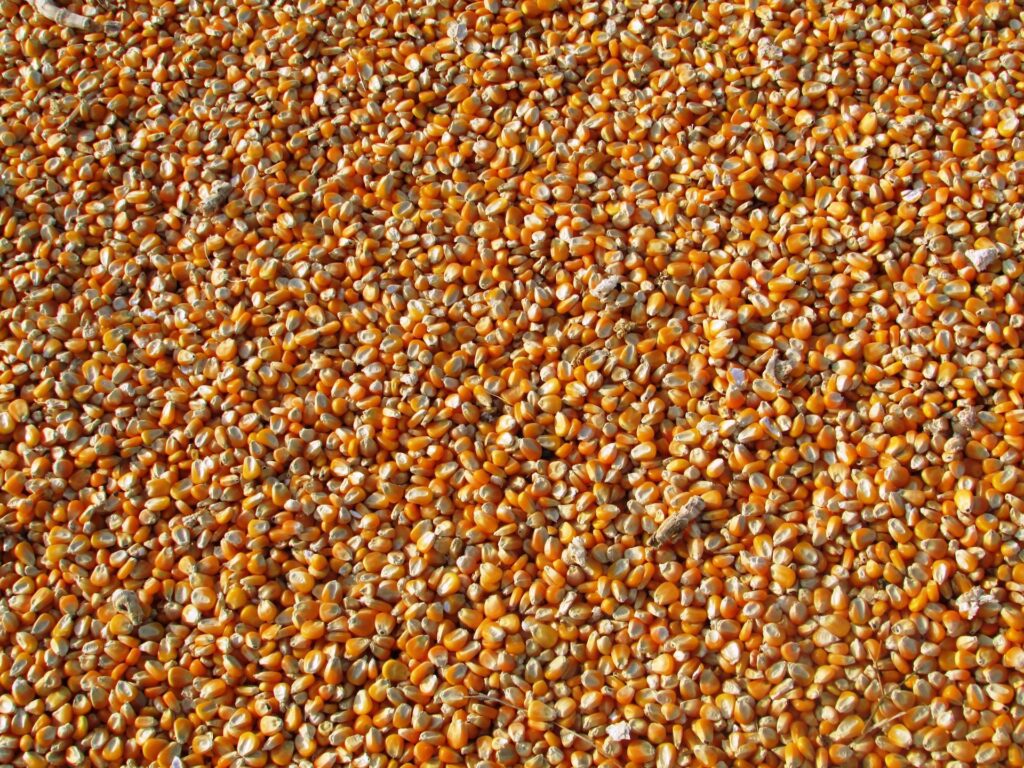
Can dogs eat grits?
You’re certainly aware that corn or maize is used in several dog meals, particularly dry kibble. So, why is it okay to give your dog corn in kibble but not grits? While maize has nutritional benefits in terms of vitamins and minerals, it is typically utilized as a filler in lower-quality dog food. That is, rather than delivering vital calories or minerals, it bulks out the beneficial elements.
Carbohydrates, such as those found in corn, are also required in the manufacturing process of dried kibble. As it is prepared, this kibble must be “gelatinized,” which is impossible without carbohydrates. As a result, dry kibble is far more likely to contain higher levels of carbohydrates than canned wet dog food. Some dogs are allergic to corn, so if your dog is one of them, you should avoid giving them grits as well.
Corn is particularly tough for your dog to digest because its digestive tract is designed to break down protein from meat. Corn will add empty calories to your dog’s diet if he or she is overweight. So, while eating grits may cause them to gain weight, they will receive no nutritional benefits.
What if my dog steals the grits off the table?
We all know that grits aren’t something we should purposefully give our dogs, but what if they steal some or quickly gobble up grits that have been dropped before you can clear them up? If your dog consumes a modest amount of grits, it should not hurt them. We’re talking about a few mouthfuls here.
If they consume more than that, keep an eye on your dog for the next 24-48 hours and look for any strange behavior. If your dog vomits, has diarrhea, is lethargic, or does anything else that concerns you, we recommend contacting your veterinarian. Remember that grits are usually always seasoned with salt, pepper, butter, cheese, syrup, or sugar, none of which are good for your dog.
So, if your dog eats a small number of plain grits, you should be less concerned than if they eat an entire bowl of seasoned grits.
Risks of Feeding Grits to Your Dog
A few mouthfuls of grits do not require an immediate trip to the veterinarian. However, your dog’s continued use will almost certainly result in serious health consequences. The following are some reasons why you should not feed grits to your dog.
- Excess carbohydrates: Carbohydrates are unquestionably helpful to humans, but grits provide far more than is required for dogs.
Aside from that, carbohydrates derived from grains and wheat are not ideal for dogs because they are likely to elevate blood sugar levels. Fruit carbohydrates are a much better option for a dog. - Grits contain a lot of additives (cheese, butter, and pepper), which are hazardous to dogs.
- Excess fat: The amount of fat in grits is excessive for a dog. Obesity and other health concerns can result from over intake.
Can dogs eat grits and eggs?
Eggs are high in protein and contain the amino acids that your dog requires. It is safe to give your dog eggs. On rare occasions, a small amount of grits with lots of eggs is a safe treat for your dog. It’s better to give your dog eggs rather than grits.
Can dogs eat cheese grits?
Cheese grits should not be eaten by dogs. Some dogs are lactose intolerant, and cheese has a large amount of saturated fat. A tiny amount of plain or unseasoned grits with cheese will not harm your dog. You shouldn’t give it to them very often.
Can dogs eat cooked grits?
Before feeding grits to your dog, they should be cooked. They should also contain no components or seasonings that can affect dogs (such as salt, spices, herbs, dairy, fat, oil, and so on). Keep in mind that eating grits will not provide your dog with many nutritional benefits. Give your pet healthy snacks like carrots, broccoli, or spinach to promote their health.
Can dogs eat hominy grits?
Hominy grits are grits that have been alkali-treated with lime. This procedure makes grits no safer for dogs to eat. They are OK to eat in moderation, but your dog would be better off eating something else.
Can dogs eat grits or oatmeal?
Oatmeal is a popular breakfast cereal that is popular for its variety as well as its possible health advantages. It’s also becoming a more popular element in a variety of commercial dog foods. While it appears that oatmeal is generally safe for your canine pet, you may wonder if certain cooking methods should be avoided and if it is genuinely nutritious for them.
Conclusion
Grits should never be intentionally given to your dog. Other meals are far better for your dog if you want to give it a treat. If your dog accidentally consumes grits, you shouldn’t be too alarmed. In the long run, the empty calories and high carbohydrate content should not harm your dog. If your dog eats a lot of severely seasoned grits, you should contact with your veterinarian.
Keeping an eye on your dog and avoiding letting them into the kitchen when you’re cooking or leaving them unsupervised with leftovers can limit the chances of our dog stumbling across a bowl of leftover grits. As most pet parents are aware, it is our job to keep our pets from doing anything they should not!
Article sources: www.healthline.com , spoiledhounds.com , hepper.com
